 |
| Ms. Rita Mokbel, President of Ericsson Vietnam |
How has 5G commercialization been going since its launch last year? What applications of 5G have been deployed in Vietnam?
From October 2024, 5G was officially commercialized in Vietnam with the participation of Viettel, VNPT and MobiFone . In major cities, the 5G network has wide coverage and will continue to expand.
Vietnam has demonstrated its ability to rapidly deploy 5G – a process that typically takes years in other countries. In less than 12 months, from licensing in March to commercial operation in October, the Government and operators have completed nationwide deployment. This is an impressive and strategic step.
Ericsson and its partners are currently testing a range of applications including Fixed Wireless Access, as well as advanced features including Network Slicing, Network Exposure and URSP. These are breakthrough technologies that are clearly different from 4G, allowing the exploitation of specialized networks to meet the needs of businesses and individuals.
At the same time, we build a vertical application ecosystem, connecting solution providers (AI cameras, autonomous vehicles, drones, robots, etc.), users (factories, seaports, etc.) with network operators, promoting 5G exploitation, thereby accelerating digitalization in Vietnam.
What challenges are facing the Vietnamese market on its journey towards the next stage of growth?
Although it has been deployed in major cities, the target of covering at least 90% of the country is still a challenge, requiring large resources from the government and network operators. An important initiative is that the Ministry of Science and Technology supports 15% of the investment capital for network operators to deploy 20,000 broadcasting stations. Not all network operators have met the target immediately, but the overall progress is quite positive.
Another challenge, but also an opportunity, is market readiness. When introducing a global model, many partners require specific evidence in Vietnam, so demonstrating local implementation capacity is essential to create momentum.
Traditionally, operators have focused on providing infrastructure and user experience. Now, they need to expand into the enterprise sector, especially in areas that require high reliability such as public safety, security, and defense. This requires deep coordination and expertise from both operators and technology partners.
Vietnam has issued a number of strategic resolutions to promote innovation and digital transformation. What does this mean for the business community, and for Ericsson?
Vietnam aims to become a high-income country by 2045, with the digital economy contributing about 30% of GDP by 2030. This is an ambitious and determined vision.
We appreciate the leadership of the Government in this process. Many resolutions have been issued, considering 5G as a key national infrastructure. Currently, the 700 MHz spectrum auction is underway, to ensure wide coverage for the standalone 5G network.
The government also invests heavily in research and development (R&D) and training of high-tech human resources. Ericsson wants to contribute by supporting R&D and developing skills for the workforce in Vietnam, not only in 5G, but also in new technologies such as artificial intelligence (AI), cloud computing, digital twins, etc.
We are currently cooperating with many universities in training, contributing to building high-quality human resources, aiming to make Vietnam become the leading digital economy in Asia.
What new prospects does Ericsson see for businesses and industries?
We believe that 5G will be a game changer not only for consumers, but also for businesses. Ericsson research shows that this technology can bring an estimated $1.5 billion in new revenue to Vietnamese operators by 2030.
For AI or cloud computing to develop on a large scale, a strong connectivity infrastructure is a prerequisite - something that 5G brings. The government also sees this as an important foundation for the digital economy.
Some industries will benefit significantly, of which manufacturing is typical. At Ericsson's 5G smart factory in the US, labor productivity doubled, waste management reduced by 32%, and product quality improved significantly. In Vietnam, 5G promises to create a similar impact on the processing and manufacturing industry.
Healthcare will also undergo a major transformation. With 5G, healthcare services will move from traditional to online models, allowing people in remote areas to better connect with doctors and hospitals.
In addition, fields such as aviation, seaports, and logistics will benefit as 5G promotes automation and optimizes operations.
To maximize potential, one approach is to cooperate with network operators to accompany businesses in manufacturing, healthcare, and seaports. Another approach is to coordinate with academia to train students and improve national capacity. This will create an ecosystem where the government, educational institutions, and businesses join forces to promote stronger digital transformation.
Source: https://baodautu.vn/dong-luc-cho-giai-doan-tang-truong-tiep-theo-cua-viet-nam-d373179.html



![[Photo] Worshiping the Tuyet Son statue - a nearly 400-year-old treasure at Keo Pagoda](/_next/image?url=https%3A%2F%2Fvphoto.vietnam.vn%2Fthumb%2F1200x675%2Fvietnam%2Fresource%2FIMAGE%2F2025%2F12%2F02%2F1764679323086_ndo_br_tempimageomw0hi-4884-jpg.webp&w=3840&q=75)
![[Photo] Parade to celebrate the 50th anniversary of Laos' National Day](/_next/image?url=https%3A%2F%2Fvphoto.vietnam.vn%2Fthumb%2F1200x675%2Fvietnam%2Fresource%2FIMAGE%2F2025%2F12%2F02%2F1764691918289_ndo_br_0-jpg.webp&w=3840&q=75)





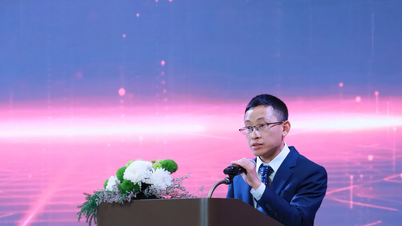

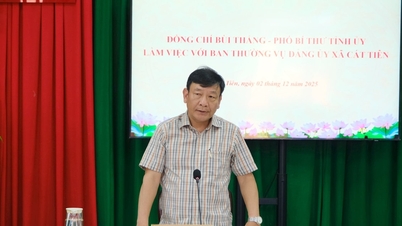


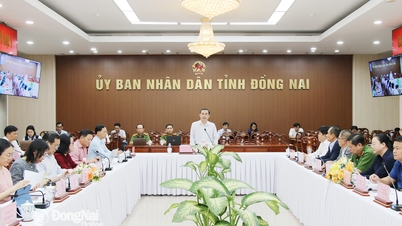

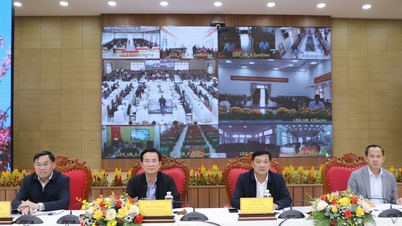


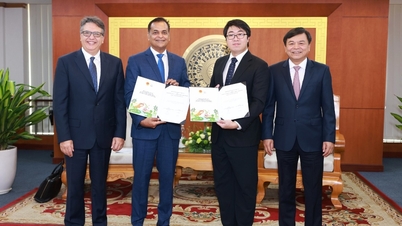














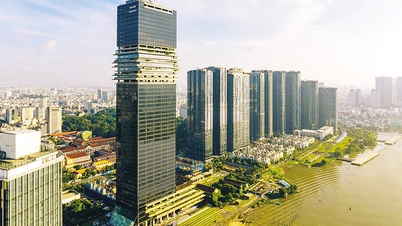
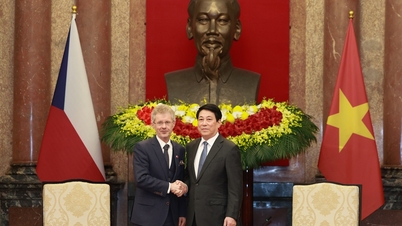
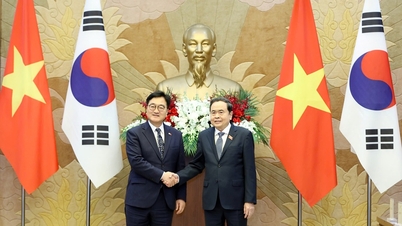







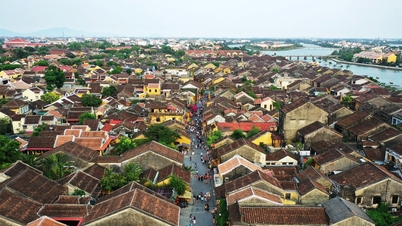


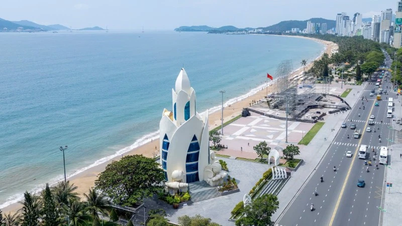





























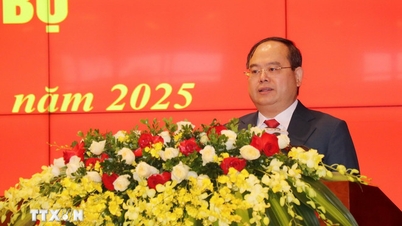
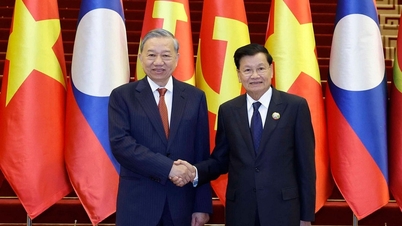




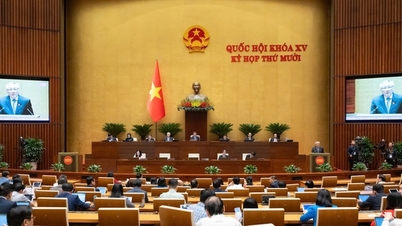


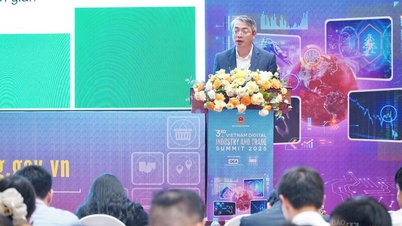
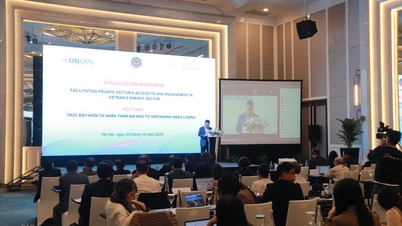




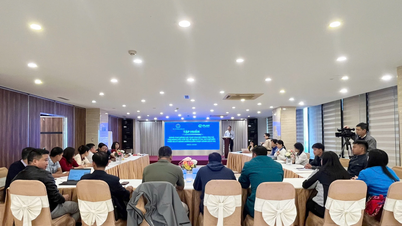
















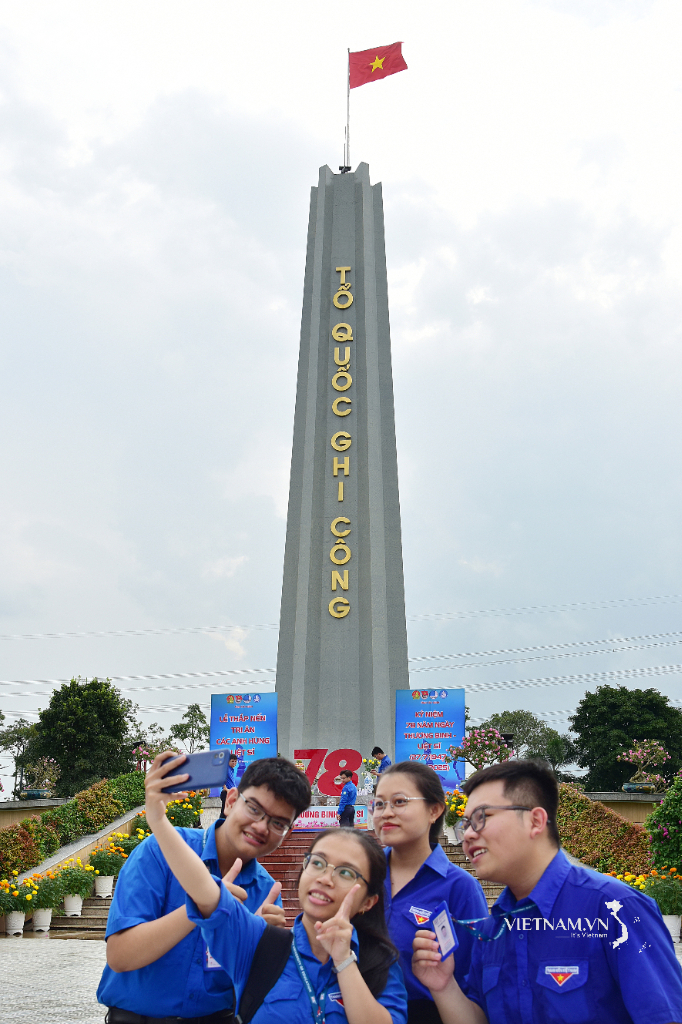

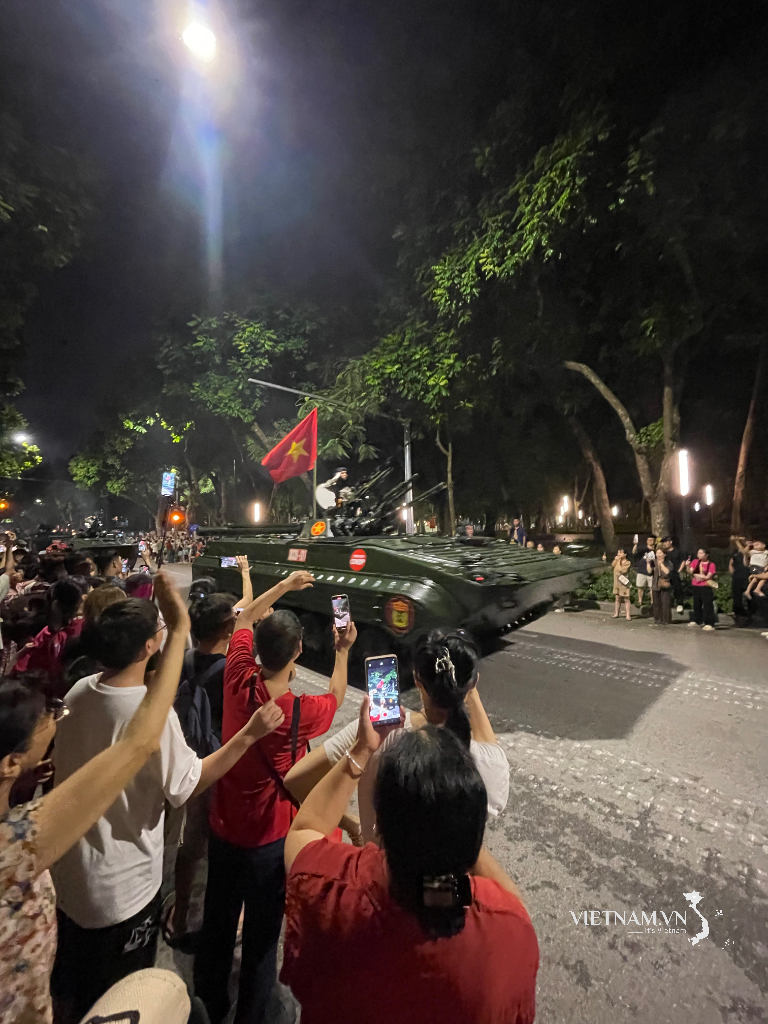
Comment (0)